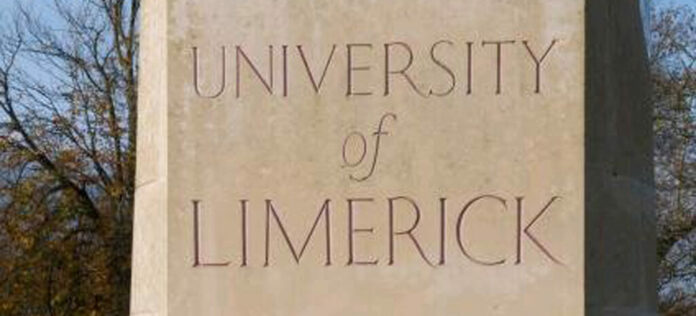A €10.5m European project that aims to transform both environmental and human health is to be led by University of Limerick.
Details of the Go Green Routes project, which has almost 40 different stakeholders, were announced at a virtual launch hosted by UL today, Monday.
The four-year project, which applies visionary and integrated solutions to improve health in cities, will commence in September, coordinated by the Health Research Institute at UL.
The overall objective is to position European cities as world ambassadors of urban sustainability.
It will take Covid-19 into consideration and will evaluate the impact of reduced air pollution during lockdown and its aftermath, as well as the impact on mental health of urban citizens and their views on re-greening their cities.
“Evidence is emerging that people flocked to green spaces during lockdown for mental health, physical activity and connectivity with their communities,” said Dr Tadhg MacIntyre, a lecturer in psychology at UL and coordinator of the Go Green Routes project, which is funded under the European Union’s Horizon 2020 framework programme.
“The impact on social cohesion, connection to nature and their perceptions of their cities may be long lasting. One solution to reduced transmission of the disease and the negative psychological consequences of confinement is spending more time outdoors in greenspace, which will be addressed by the project.
“We need to optimise how nature is integrated into urban spaces and used and create a rapid means of knowledge creation and knowledge transfer to enable upscaling and future proliferation of nature-based interventions. We aim to create a unique knowledge ecosystem to transform citizens, planners, researchers and entrepreneurs into innovators, leaders and visionaries in nature based solutions. Nature is our future,” Dr MacIntyre added.
UL will receive €1.6m to fund a team of doctoral and post-doctoral researchers and a project manager. Other Irish partners will benefit to the tune of €3.68m across SMEs – Nutritics, ICEP, Connect the Dots, and Horizon Nua – and Irish universities TCD and TU Dublin, while Limerick City and County Council is to receive €530,000.
The consortium will cultivate technological and nature-based solutions for health across six cities – Burgas, Bulgaria; Lahti, Finland; Umea, Sweden; Versailles, France and Limerick – and lay a foundation for future implementation in Munich, Germany, the Murcia region of Spain and in the Gzira municipality of Malta.
The project also has partners in China, Mexico and Georgia, enabling a global knowledge exchange and a focus on mental health and well-being.
Speaking at the launch of the project this Monday, UL Chancellor Mary Harney, said: “As a former Minister for Health, I am acutely aware of the links between human and environmental health. Indeed, I know first-hand that the banning of smoky coal in Dublin in 1990 had a huge impact on air pollution and a positive impact on health. Today we need to be ambitious in how we promote health in cities, through active travel, renaturing streets and ensuring nature and people are at the nexus of urban life.
A native of Ennis, Colin McGann has been editor of The Clare Champion since August 2020. Former editor of The Clare People, he is a journalism and communications graduate of Dublin Institute of Technology.



